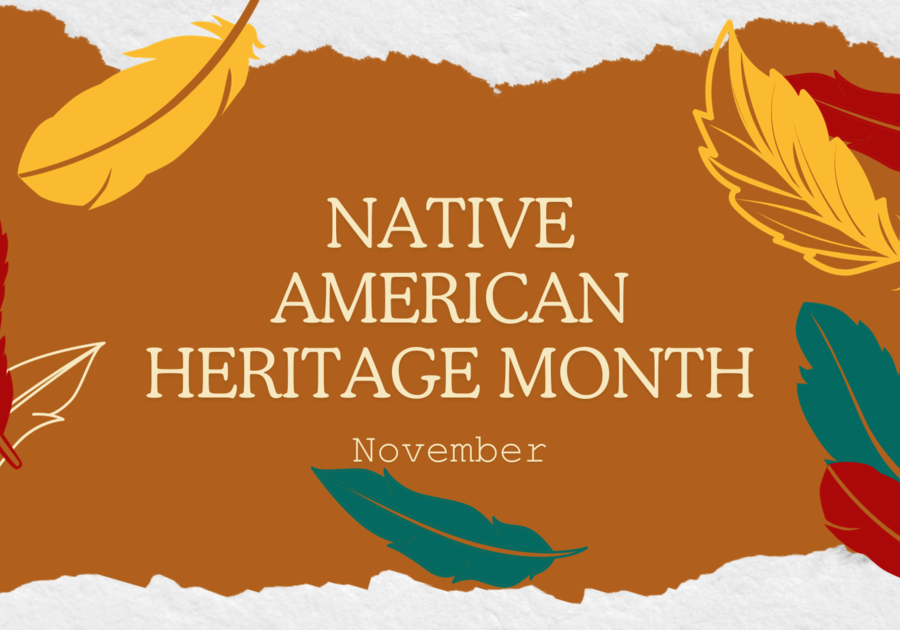Native American Heritage Month, observed throughout November, offers an excellent opportunity for families to come together and explore the vibrant and diverse cultures of Native American communities. It's a time to celebrate the traditions, languages, and histories that have shaped these indigenous cultures. By immersing your family in the unique stories of Native American heritage, you can deepen your understanding of this vital aspect of American history.
Understanding the Significance
Native American Heritage Month, initially proposed by Native Americans in 1915 and officially designated by Congress in 1990, is a time to pay respect to the indigenous peoples who have called this land home for thousands of years. It's a chance to honor their contributions and learn about their stories and struggles.
Family-Centric Activities
Here are some engaging family activities to make the most of Native American Heritage Month:
- Cultural Workshops: Look for local events or workshops where you can learn about traditional crafts, music, and dance from Native American cultures. Engaging in hands-on activities can be a fun and educational experience for the whole family.
- Museum Visits: Explore local museums or heritage centers that showcase Native American art, history, and artifacts. These museums often offer interactive exhibits suitable for all ages.
- Storytelling: Native American cultures have a rich tradition of oral storytelling. Gather around and share traditional stories, or attend storytelling events that may be held in your community.
- Indigenous Cuisine: Prepare a family meal using traditional Native American ingredients such as corn, beans, and squash. It's a delicious way to connect with their culinary heritage.
- Language Exploration: Learn some basic words or phrases from Native American languages. This not only fosters an appreciation for linguistic diversity but also helps preserve these vital elements of their culture.
Educational Opportunities
Use Native American Heritage Month as a time to educate your family about the history, struggles, and contributions of indigenous communities. Here's how:
- Reading List: Explore a collection of books on Native American history and culture appropriate for different age groups. Reading together can spark meaningful conversations.
- Watch Documentaries: Look for documentaries or films that provide insights into the experiences and perspectives of Native Americans.
- Community Involvement: Attend lectures or panel discussions featuring indigenous voices. It's a great way to learn from the people who live these histories.
Teaching Respect and Awareness
Embrace this month as a platform to instill values of respect and cultural awareness in your family. Discuss the significance of honoring and respecting the diverse cultures that make up our nation.
Supporting Native American Communities
One of the most meaningful ways to commemorate Native American Heritage Month is by supporting indigenous communities. Here are some ideas:
- Donation: Contribute to organizations working toward the betterment of Native American communities, such as educational initiatives or tribal health programs.
- Indigenous Art: Purchase art, jewelry, or crafts made by Native American artists. This supports local artisans and keeps their traditions alive.
- Attend Community Events: Participate in events organized by Native American communities. Your attendance and support can help promote their culture.
Native American Heritage Month is a time to come together as a family to honor the indigenous communities that have enriched our nation's cultural tapestry. By participating in educational activities, fostering respect, and supporting indigenous communities, your family can celebrate the unique and enduring contributions of Native Americans. As you delve into their stories, traditions, and legacies, you not only learn about the past but also contribute to a more inclusive and diverse future for all.



